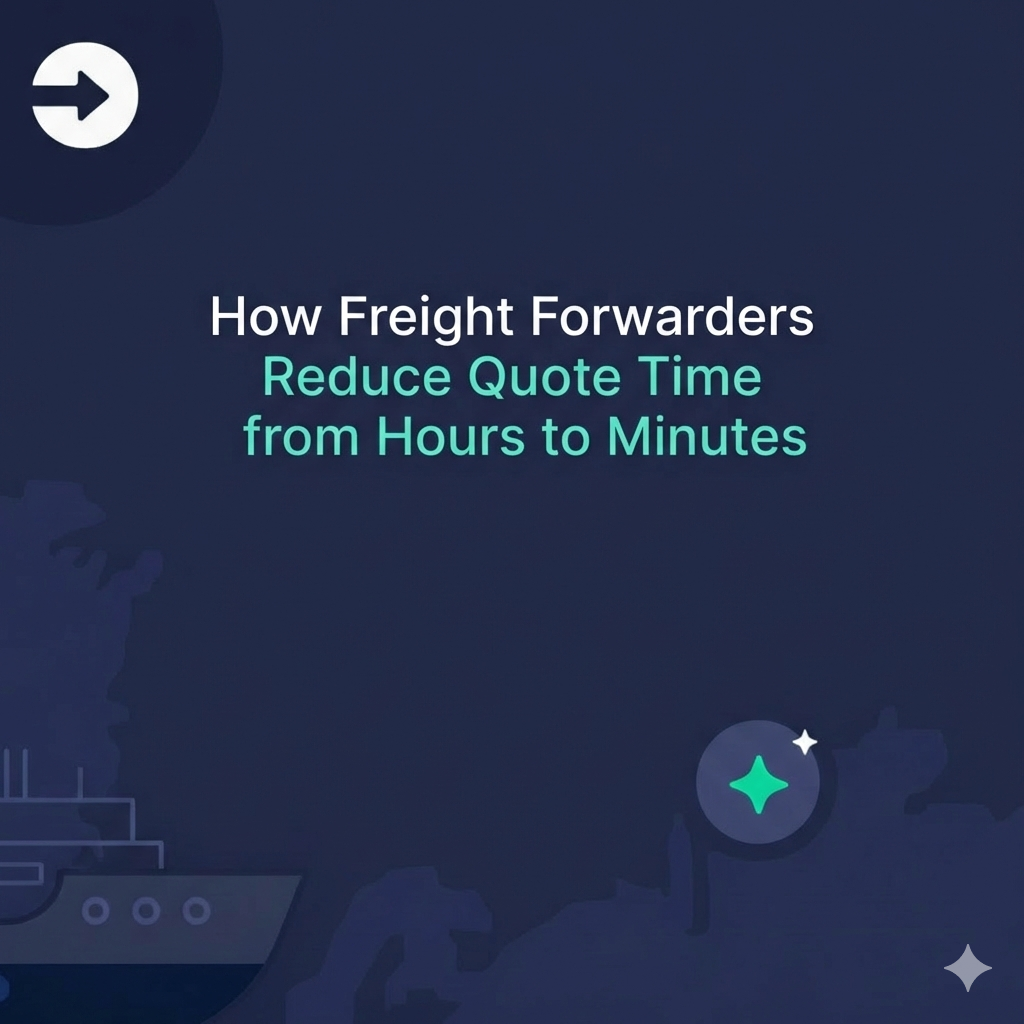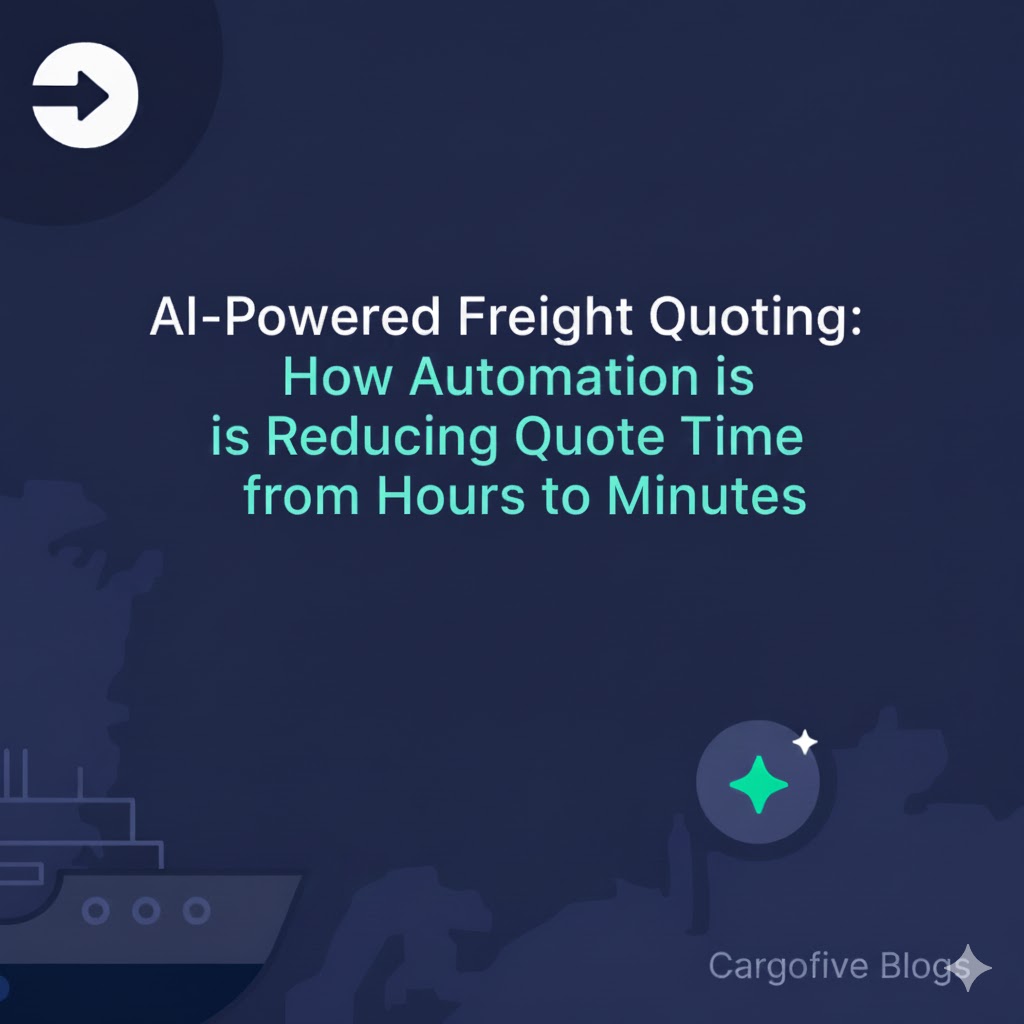In the freight forwarding business, negotiating rates and securing contracts with ocean carriers are critical tasks.
The complexity of these tasks is heightened by fluctuating market conditions, varying carrier performance, and the constant pressure to reduce costs while maintaining high service standards.
Securing favorable contracts with major carriers is crucial for staying competitive, but achieving this requires thorough preparation.
From understanding market trends and building robust relationships to leveraging data analytics and negotiating the best rates, freight forwarders must implement several strategies.
This article delves into how ocean freight forwarders can excel in managing and negotiating with shipping carriers.
Securing Contracts with Major Carriers
Research and Preparation
Preparation is key to securing contracts with major carriers. Conduct thorough market research, understand current trends, and anticipate future changes.
Knowing the strengths and weaknesses of each carrier allows forwarders to select those that best align with their needs.
Additionally, gather historical data on carrier performance and service to gain a significant advantage during negotiations.
- Understand Your Needs: Clearly define your shipping requirements, including volume, frequency, destinations, and specific service needs.
- Market Research: Stay informed about current market rates and trends using online tools and industry publications. Visibility tools like Cargofive help freight forwarders to gather information of major carriers in real time and easily.
- Gather Historical Data: Collect and analyze historical shipping data to identify patterns and areas for cost reduction.
Building Relationships
Developing long-term relationships with carriers is crucial.
Engage in open and transparent communication and participate in industry events and conferences.
This networking can lead to stronger partnerships, facilitating the negotiation of better terms and conditions.
Building these relationships on mutual respect and regular interaction helps establish trust and reliability, which are essential for successful negotiations.
Proposals and Presentations
When presenting proposals to carriers, clarity and conciseness are crucial.
Proposals should highlight potential business volumes, the financial stability of the forwarding company, and any additional benefits the forwarder can offer.
Using visual presentations and concrete data can help convince carriers of the value of the partnership.
- Crafting the RFP: A well-crafted RFP should include an overview of your company, shipping volumes, service levels, historical data, pricing and fee structure, payment terms, and key performance indicators (KPIs).
- Request Multiple Quotes: Obtain quotes from several carriers to compare rates and services, providing a benchmark for negotiation. This could be accomplished by freight forwarders by leveraging the power of digital tools.
Negotiating the Best Rates
Understanding Market Rates
Understanding market rates is crucial for negotiating the best rates.
Constantly monitor freight rates and be aware of factors that can influence them, such as fuel price fluctuations, available capacity, and peak seasons.
Having this information allows forwarders to negotiate from an informed position.
Using Data and Analytics
Using data and analytics is a powerful tool in rate negotiations.
Analyzing historical shipping data, costs, and carrier performance can provide clear insights into trends and help identify areas for improvement.
Negotiation Strategies
Developing effective negotiation strategies is fundamental.
Prepare strong arguments, be flexible on certain terms and conditions, and be willing to compromise when necessary.
The key is to find a balance that benefits both parties and establishes a foundation for a long-term collaboration.
- Negotiate Thoroughly: Focus on negotiating various aspects such as base rates, fuel charges, accessorial fees, and discounts. Remember, the first offer is often not the best.
- Spot Rates vs. Long-Term Contracts: Consider the market conditions when deciding between spot rates and long-term contracts. While long-term contracts provide stability, they can sometimes lead to higher costs if market rates drop. Conversely, spot rates can be advantageous in a declining market but may result in higher expenses during peak seasons.
Managing Multiple Contracts
Centralization and Tracking
Managing multiple contracts can be challenging, but centralizing information and using tracking tools can simplify this process.
Contract management platforms, such as those offered by Cargofive, allow forwarders to have a consolidated view of all their agreements, facilitating the tracking and management of expirations, terms, and conditions.
Optimization and Efficiency
Optimizing and improving efficiency in contract management is crucial to maximize benefits.
Regularly review contracts, identify areas for improvement, and renegotiate terms when necessary.
Additionally, automating processes and using specialized software can reduce errors and enhance operational efficiency.
- Regular Review of Contracts: Continuously monitor and review your contracts to ensure compliance and adapt to any changes in your shipping needs or market conditions.
- Identify Hidden Charges: Be aware of additional fees like accessorial charges and surcharges. Work to minimize these costs through effective negotiation and management.
Additional Strategies for Freight Forwarders
Leveraging Volume and Modal Options
Larger shipping volumes give you more negotiating leverage.
However, even with lower volumes, you can negotiate better rates by highlighting the potential for future growth and the reliability of your business.
Evaluate different modes of shipping, such as parcel, LTL, FTL, and intermodal options, to find the most cost-effective solutions.
Each mode has its advantages and can be leveraged to optimize costs and service levels.
Utilizing Technology
Utilize shipping management solutions and Transportation Management Systems (TMS) to optimize contracts with real-time data.
Cargofive enhances this process by digitizing and centralizing freight forwarders’ workflows, integrating smoothly with major ERP and TMS providers to streamline logistics management.
Trial Periods and Flexibility
Implement trial periods with different carriers to validate their performance before fully integrating them into your shipping strategy.
Trial periods help assess service quality and reliability.
Additionally, ensure your contracts allow for flexibility to adapt to changing shipping volumes and market conditions.
Flexible contracts can help manage risks and take advantage of new opportunities as they arise.
Legal Considerations
Be aware of the legal aspects of shipping contracts, including liability, insurance, and dispute resolution.
Consult with legal professionals to ensure compliance and mitigate risks. Understanding legal terms protects your business from potential disputes and liabilities.
What if a Freight Forwarder Can’t Get Contracts from Shipping Carriers?
If a freight forwarder is unable to secure contracts with shipping carriers, several alternative strategies can be considered:
- Utilize Non-Vessel Operating Common Carriers (NVOCCs): NVOCCs purchase large blocks of shipping space from carriers and then sell this space to shippers or freight forwarders.
This arrangement can provide competitive rates and a single point of contact, simplifying the logistics process and ensuring better management of cargo.
- Collaborate with Other Forwarders: Form alliances to consolidate cargo volumes, increasing bargaining power.
- Invest in Technology: Improve efficiency and reduce costs, making your service more attractive to potential customers and carriers.
- Build a Strong Brand: Enhance your company’s reputation through exceptional service and reliability, attracting carriers looking for dependable partners.
By implementing these strategies, freight forwarders can navigate the complexities of managing and negotiating with shipping carriers, ensuring they remain competitive and efficient in a challenging market.
AUTHOR



